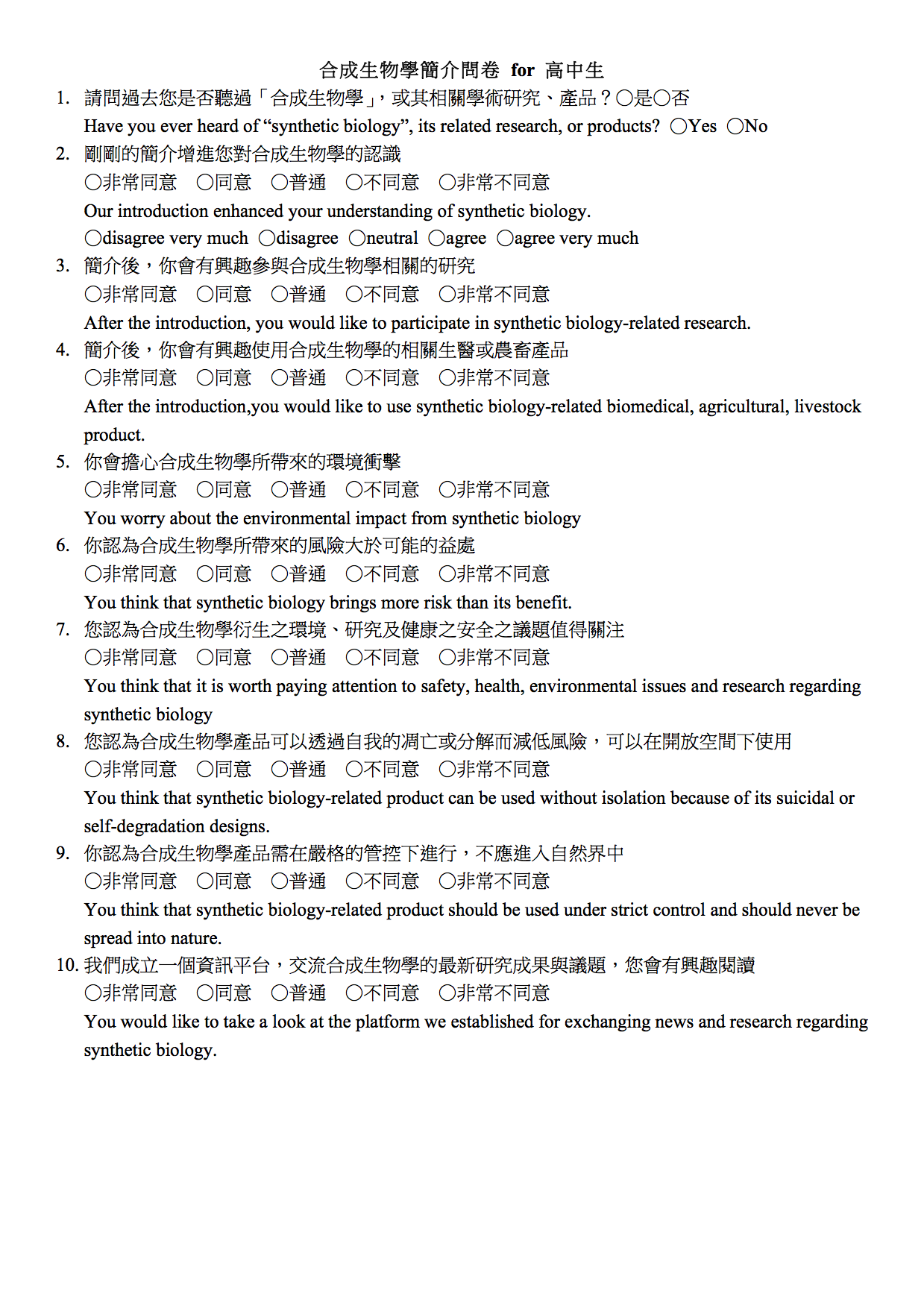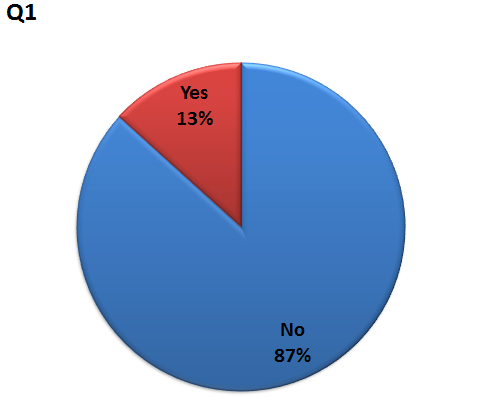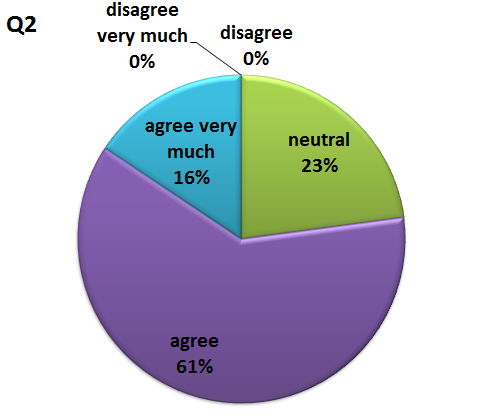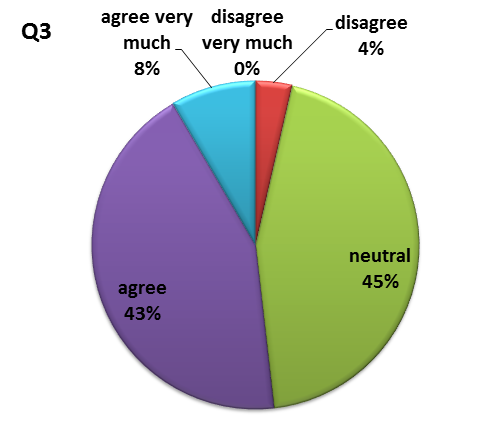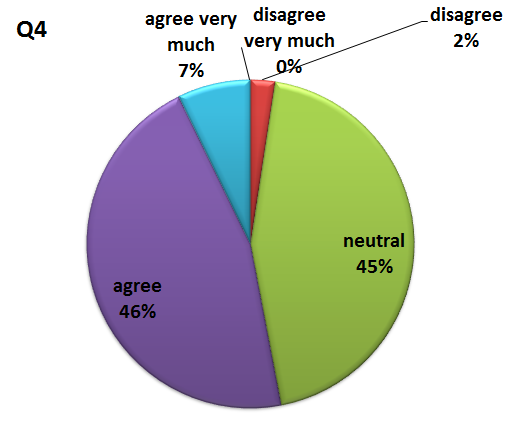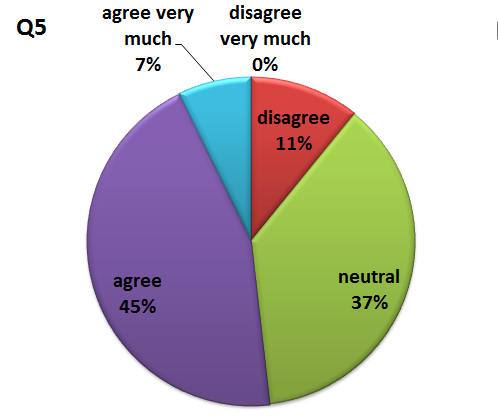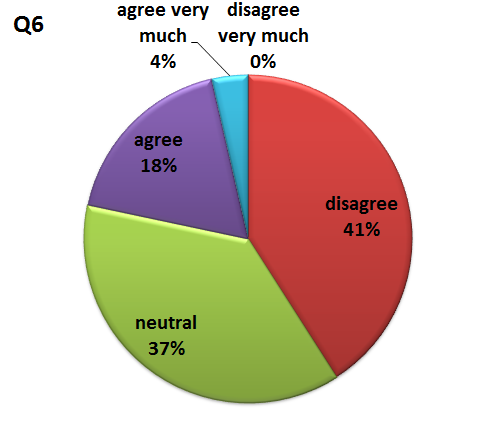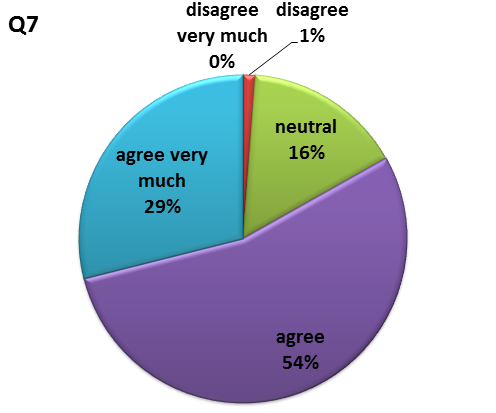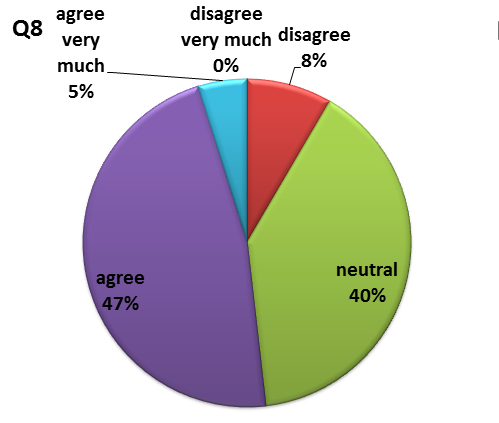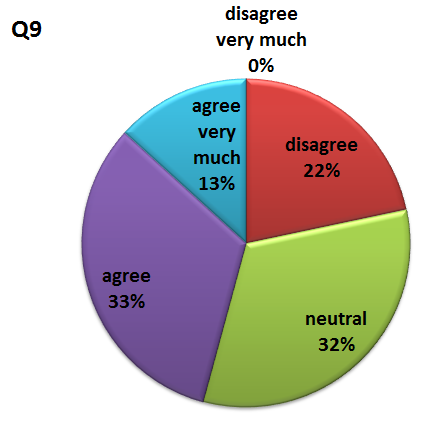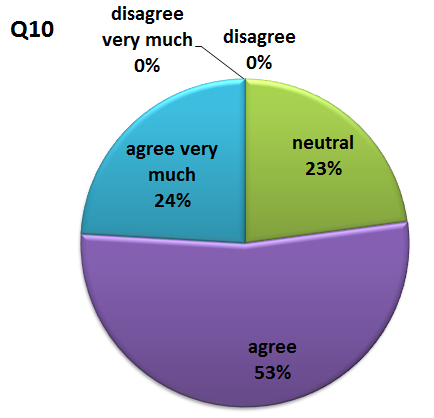Team:NTU-Taida/Human Practice/Symposium
From 2012.igem.org
Symposium with High School Students
Contents |
Symposium of Synthetic Biology for High School Students
During this summer, we shared our ideas and the iGEM competition to high school students who expressed interest in bioengineering and basic molecular biology. Several symposiums were held by Department of Life Science, Medicine, and Dentistry in NTU respectively where we gave a brief introduction of synthetic biology, its effects and implications, and presented some posters and PowerPoint about our design to the students. All the attendees could learn about the basic concepts of synthetic biology and could discuss their point of view to each other and to our team. Most of the students were fascinated by the way how people use these standardized and changeable gene parts to engineer devices of novel function, and how people of different background and disciplines meet and work together in this field. Some of them mentioned their worries about utilizing synthetic biology in illegal use and some controversial implications, such as bio-weapon development, bioterrorism, GM food, and application of stem cells, etc. The students also spoke of potential risks including unwanted spreading and multiplication of transgenic microorganisms, environmental protection, and long-term side effect on human body which could not be detected in early stages. Here is the questionnaire for these high school students, and we will discuss the result later in this page.
Brief Introduction to the iGEM competition for high School Students
Questionnaire
Question 1
Have you ever heard of “synthetic biology”, its related research, or products?
As the pie chart below showed, most of the students have not heard of synthetic biology before. This result suggests that it is more important giving a general introduction than discussing the mechanisms deeply for outreach of synthetic biology among high school students.
Question 2
Our introduction enhanced your understanding of synthetic biology.
This result showed that more than 3 quarters of the attendees think that out introduction enhanced their understanding of synthetic biology. It is obvious that one of the goal of human practice, outreach of synthetic biology, is successfully achieved. But only 16% of the attendees agree with this thesis very much. It might be because we spent so much time on discussing the mechanism and designs than the benefits and risks.
Question 3
After the introduction, you would like to participate in synthetic biology-related research.
The pie chart below revealed that more than half of the attendees showed their interest in synthetic biology-related research. Only 4% did not want to get involved in this field. All the attendees are students from Mathematics and Science Gifted Class, which means that they are potential young synthetic biology engineers.
Question 4
After the introduction, you would like to use synthetic biology-related biomedical, agricultural, livestock product.
More than half of the students would like to use synthetic biology-related product. This may suggest that students recognize synthetic biology is a technology not only getting involved in current research but also in our daily life.
Question 5
You worry about the environmental impact from synthetic biology.
Results showed that 11% attendees disagree that synthetic biology would be a potential threat to the environment. And over 52% worry about the environmental issues. Thus, we should focus more on the safety concerns to make the audience (or the public) know the importance of biosafety and how the engineers make it into practice.
Question 6
You think that synthetic biology brings more risk than its benefit.
The pie chart showed that more the one fifth students think that synthetic biology brings more rick than its benefits while only 41% disagree with it. Combining Q5’s result, this indicates that not only environmental impact but also other social-economic issues would be the main concerns for the attendees. Therefore, the outreach of synthetic biology should include discussion on multifaceted viewpoint in order to convince the public that it is beneficial.
Question 7
You think that it is worth paying attention to safety, health, environmental issues and research regarding synthetic biology.
This result showed that over 80% students would like to know the information regarding synthetic biology. Knowing that be interested in something is the first step to participate; we successfully achieve the goal of outreach.
Question 8
You think that synthetic biology-related product can be used without isolation because of its suicidal or self-degradation designs.
After our brief introduction about our designs on thermal avenger and other suicidal mechanisms, more than 50% students think that it would be quite safe to apply synthetic biology product without isolation. But still 10% disagree with such idea. It is obvious that we should provide more rigid and convincing experiment and data about the biosafety.
Question 9
You think that synthetic biology-related product should be used under strict control and should never be spread into nature.
This result is quite controversial. More than 46% think that the synthetic biology-related product should be highly controlled. But there are 22% of the attendees disagree with it. We could see that compared with Q8’s result, much more students recognize synthetic biology as a potential risk even with suicidal designs when speaking of potential spreading into nature. And this issue would be the main concern for the public as well. Modeling and experiment should be established to convince them that it is safe utilizing synthetic biology.
Question 10
You would like to take a look at the platform we established for exchanging news and research regarding synthetic biology.
More than 3 quarter of the attendees would like to know more about the synthetic biology and to get some information from our platform, which means that we could share more ideas and news and discuss with the high school students.
 "
"


